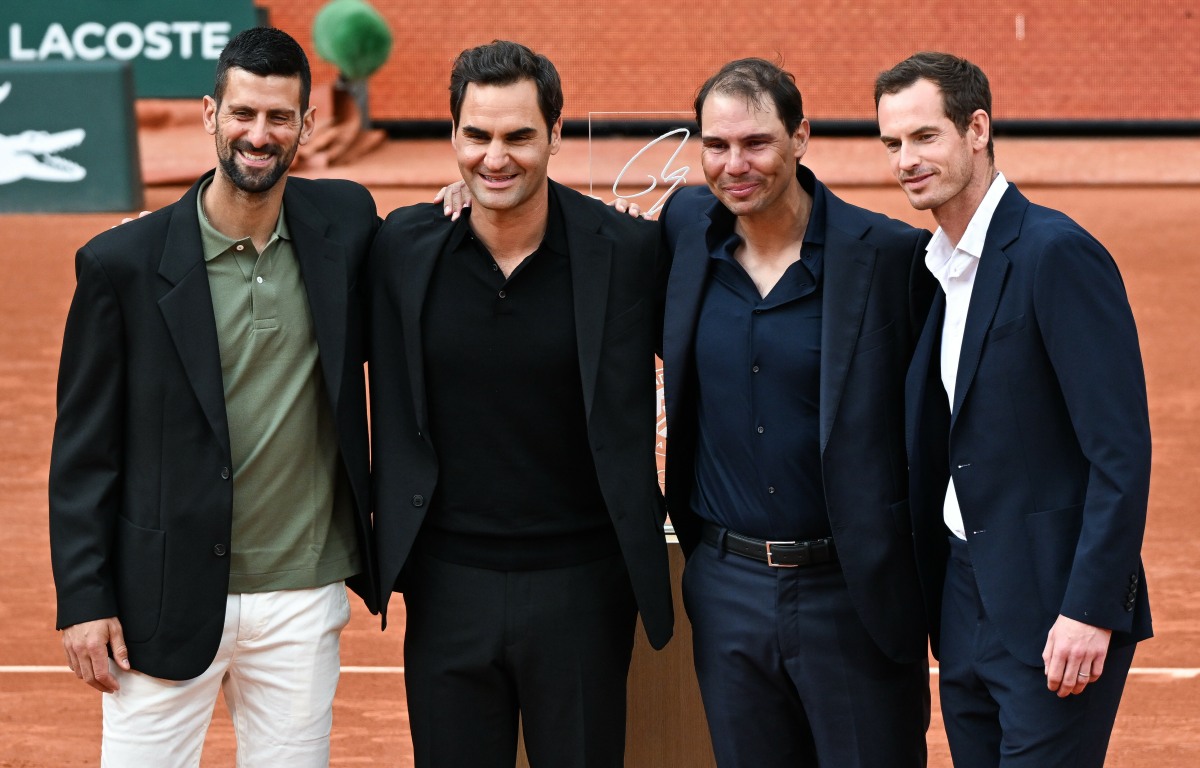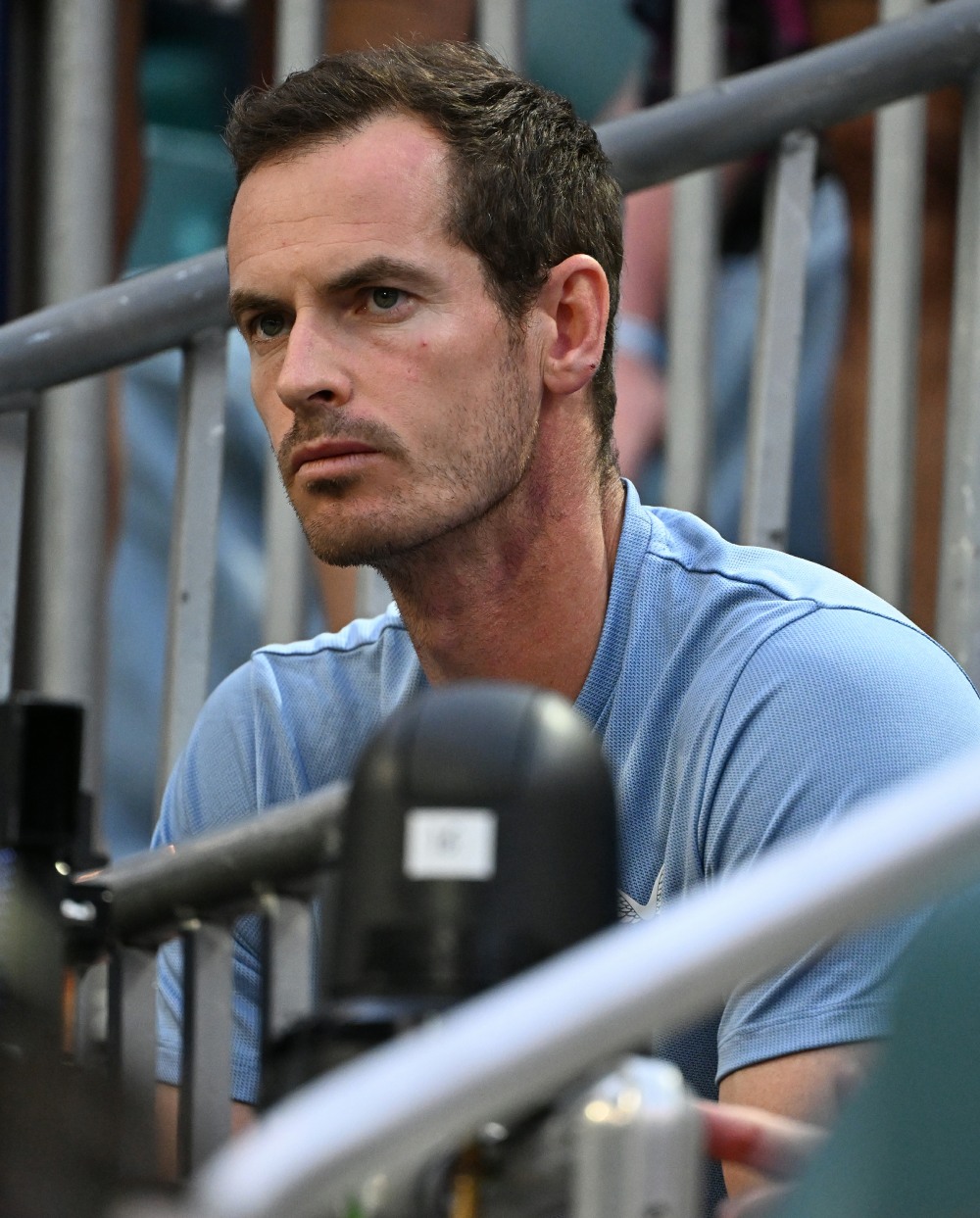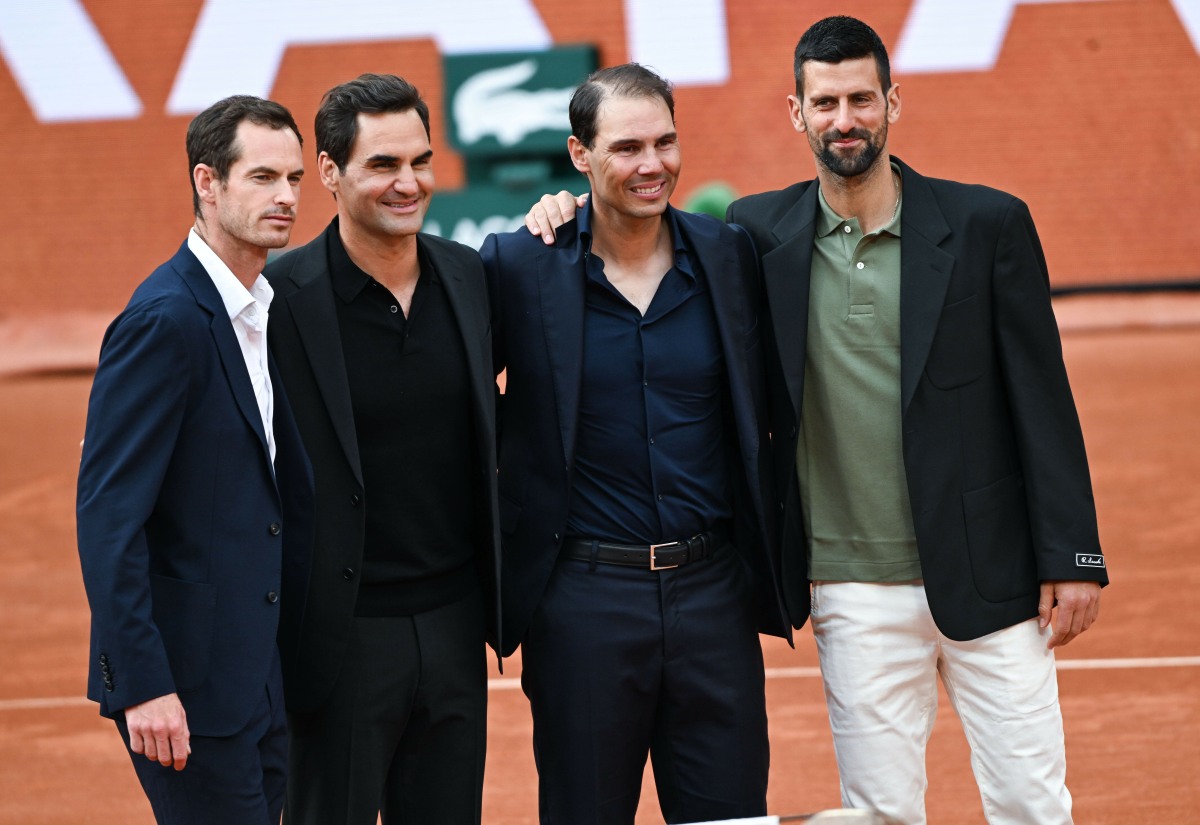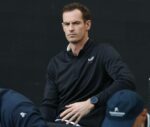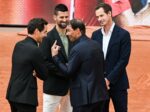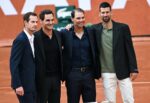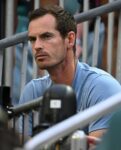There was a really lovely ceremony at the start of Roland Garros in late May. Rafael Nadal retired from tennis last year, and Roland Garros invited Nadal, a historic fourteen-time RG champion, to have a special tribute on court. Rafa made a multilingual speech, watched some clips of his glory days, spoke beautifully about everyone who helped in his journey, and then Rafa’s three biggest rivals surprised him on court. Roger Federer, Novak Djokovic and Andy Murray came out on court and the “Big Four” celebrated Rafa’s career one last time. Andy was particularly moved to be included – there’s always been a tennis-insider debate about whether it was really a “Big Four” or a “Big Three.” But when Roger retired, he wanted Andy there. When Rafa retired, he wanted Andy there. And whenever Novak retires, I’m sure he’ll want Andy there. Well, Andy Murray also retired last year, but he’s been keeping busy, and he sat down with British GQ to reflect on his retirement, his glory days and whether there really was a Big Four. Some highlights:
His retirement: “Right now, I don’t really do anything. I’m a father, essentially. I used to have to explain [to them] that I’m going away to play a tournament. They liked it when I lost, because that meant I was coming home.”
Whether he finds retirement difficult: “I’d spoken to my team and my family and psychologists about when the time comes to step away. Essentially I spent my whole adult life playing tennis most days, every single week. So not having it, I wasn’t sure how I was going to deal with it, and was expecting it to be quite hard. It’s actually been the opposite so far. Why that is, I’m not entirely sure. I don’t know if it was because it was just the right time, or maybe I put everything that I could into it. There are no massive regrets. There are some results I would like to change the outcomes of, but I tried my best and got the results that I got.”
The moments he remembers most: “A lot of them are big losses. When I lost the Wimbledon final in 2012, I remember I was very, very upset after that. My memory of that is quite different from when I won [the following year]. Then I was just so relieved, and didn’t really feel like I enjoyed that moment. It’s not a result I regret, but more the aftermath of not enjoying that moment more and not spending it with the people close to me. I got pulled in a lot of different directions, and wish I’d spent that time a bit differently…. When I look back at my career, I feel a lot more proud of my achievements, whereas when I played, it was always about wanting more. When I won the US Open [in 2012], the question I would get asked was, ‘When’s he going to win Wimbledon?’ so you end up doing it yourself as well. You don’t take a moment to just pause and be like, ‘Wow.’ Had you offered me this when I was a 15-year-old growing up playing tennis in Scotland, this is beyond any of my dreams.”
Being included in the Big Four: “It’s always difficult, because I’m aware that what those guys have achieved is far greater than anything I achieved. That being said, the reason why people started calling it “the big four” was because in every major event, whether it was Grand Slams or the Masters Series, two, three or four of us were always in the latter stage of events, competing to win the biggest tournaments. When I had my hip injury [in 2017], I was ranked No 1 in the world, and unfortunately afterwards I was not able to get back to where I was. But there was a period from when I was 22 to 29 when I was in the mix at most of the major events with those guys. I had some amazing matches with all of them [he lost five Grand Slam finals against Djokovic and three versus Federer]. There was always a possibility that I could win, and in many ways tennis fans who watched that period knew it was a great time to play, because you had three of the best players of all time, playing in one period. I was the plus one, unfortunately. When I look back at the fact that to get over the line at Wimbledon, I had to beat the best men’s player of all time [Djokovic], I’m proud I managed to do that.”
Ranking the Big Four in terms of crying: “I think Federer is the best. Then me. Then, that’s actually a pretty tough one, because you don’t really see Rafa or Novak crying that much. I would probably say it would be Novak, and then Rafa. I’ve probably seen Novak break down a few more times.”
When he reprimanded a journalist for a sexist question in 2017: “He asked me a question about American tennis not being that successful. At the time, when you looked at the last 15–20 years, Serena Williams had won the most Grand Slams out of anyone, male or female, and Venus had won seven or eight Grand Slams, so it was probably the most successful era in American women’s tennis, but it was almost like that was forgotten. In that moment, it was just instinctive.”
Teaching his kids about winning & losing: “When I was 19, I used to live with one of my coaches, and I would go out on the scooter with his kids, two young girls. We would race and I would never let them win. Now, with my own kids, I don’t lose every time, but I let them win enough that they feel like they can win. I don’t know whether you should do that or not. It’s trying to get that balance right. It’s interesting, because I never thought I would have been like that.
Who should play him in a movie: “It would have to be Andrew Garfield, because people say we look similar. That’s my celebrity lookalike.”
Who would play his mum: “I don’t think she’d be happy about it, but who played Cruella de Vil? Glenn Close? Let’s go with her.”
I’m sure he’s being cheeky about casting Glenn Close as Judy Murray, but I could totally see that and Glenn would do an amazing job. That story about never letting those two little girls win is amazing and such an Andy Murray story. As for the Big Four… he’s right, and most tennis fans from that era absolutely believe Andy earned his inclusion in that group. He earned not by winning as many trophies as those other guys, but by being as consistent as those guys and working his ass off to go toe-to-toe with them, even if he meant that his body was almost completely broken by his early 30s. He’s got the cry rankings wrong though – Roger is a good weeper, but so is Novak? Novak cries a lot, I don’t know what Andy is thinking. Rafa cried a lot too! Andy was probably the least weepy out of the Big Four.
Photos courtesy of Avalon Red, Cover Images.
